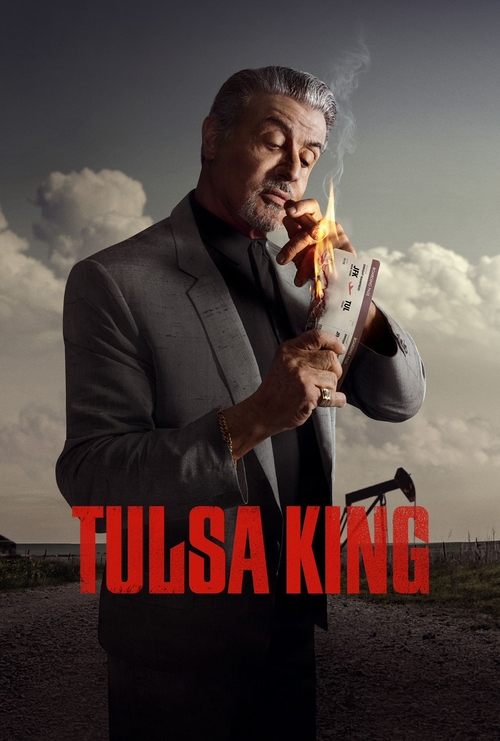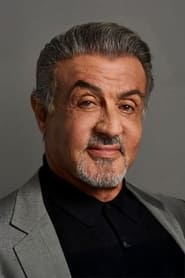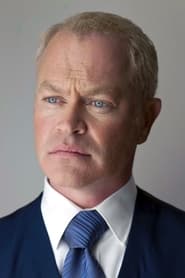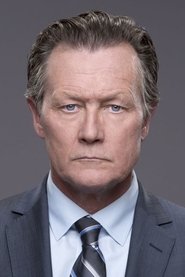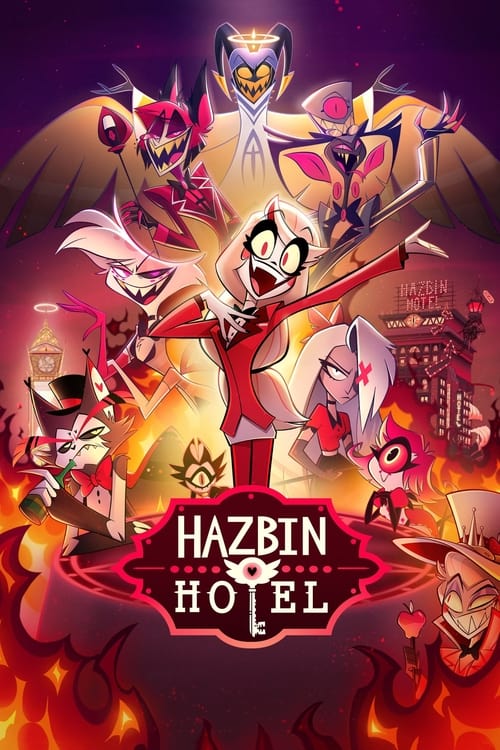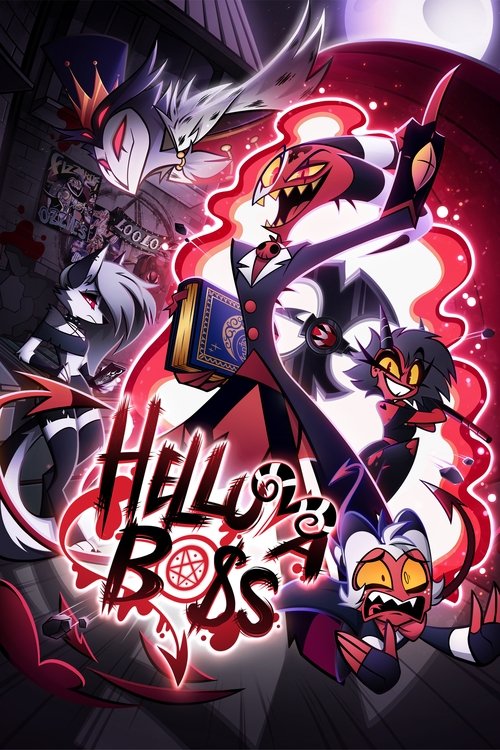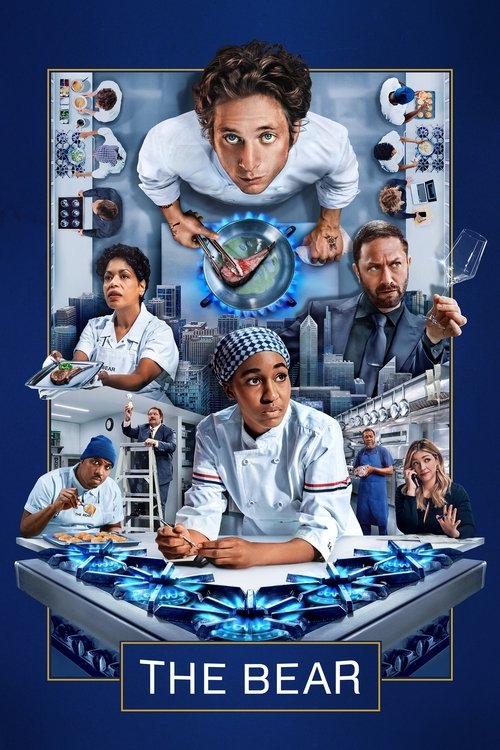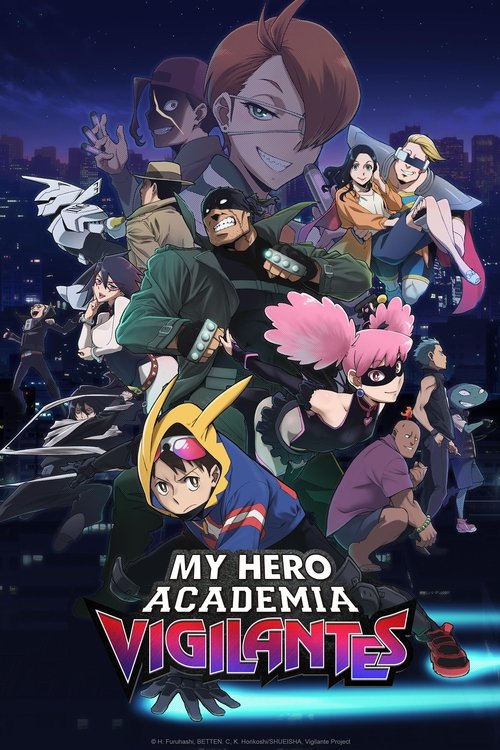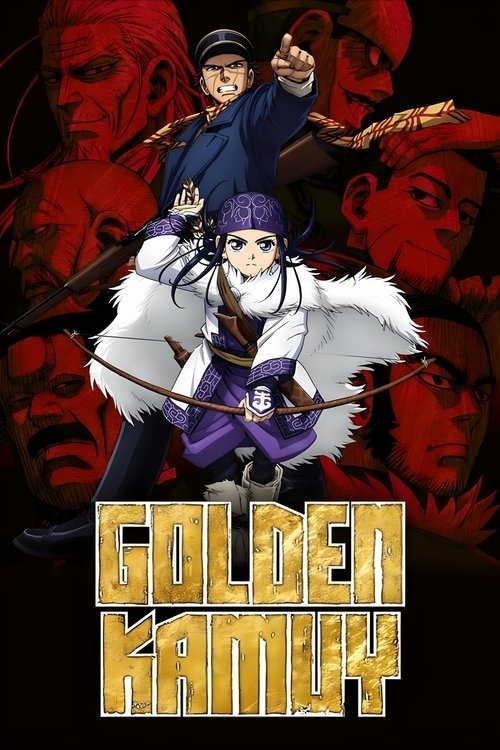
Ask Your Own Question
What is the plot?
In the opening scene of "Tulsa King," we meet Dwight "The General" Manfredi, played by Sylvester Stallone, as he is released from a 25-year prison sentence. He is greeted by his former boss, the head of the New York mafia, who informs him that he is being sent to Tulsa, Oklahoma, to establish a new operation. Dwight is initially skeptical and frustrated, feeling that he has been sidelined and disrespected after his long imprisonment.
Upon arriving in Tulsa, Dwight finds himself in a vastly different environment than he is used to. He quickly realizes that he has no connections or resources in this new city. He attempts to assert his authority by visiting a local bar, where he meets a group of bikers. He tries to intimidate them, but they are unimpressed and challenge him. This encounter highlights Dwight's struggle to adapt to his new surroundings and the changing dynamics of power.
Dwight's first major decision comes when he decides to recruit local talent to help him establish his presence in Tulsa. He meets a young man named Tyson, who is working at a weed dispensary. Dwight sees potential in Tyson and offers him a job, hoping to use his knowledge of the local scene to his advantage. Tyson is hesitant but ultimately agrees, intrigued by Dwight's confidence and charisma.
As Dwight begins to build his operation, he encounters resistance from local criminals who are already established in the area. He has a tense confrontation with a rival gang led by a man named Bodhi, who is not willing to share territory. This confrontation escalates into a physical altercation, with Dwight demonstrating his combat skills despite his age. He manages to assert himself but realizes that he needs to be more strategic in his approach.
Dwight's relationship with Tyson deepens as they work together. Tyson introduces him to other local figures, including a woman named Margaret, who runs a local restaurant. Dwight is drawn to her, and their chemistry grows as they bond over shared experiences. However, Dwight's focus on building his empire often puts a strain on their budding relationship.
As Dwight continues to expand his influence, he faces challenges from both law enforcement and rival gangs. He is approached by a police officer who warns him to stay out of trouble, but Dwight's defiance leads him to push boundaries further. He orchestrates a deal with a local drug dealer, which brings in quick cash but also increases the risk of violence.
The tension escalates when Bodhi and his gang retaliate against Dwight's encroachment on their territory. They launch a surprise attack on Dwight and his crew, leading to a chaotic fight scene. Dwight fights back fiercely, showcasing his tactical skills and experience. The confrontation leaves several people injured, and Dwight realizes that he must take a more calculated approach to avoid further bloodshed.
In a pivotal moment, Dwight decides to confront his former boss in New York via a video call. He expresses his frustration about being sent to Tulsa and demands more resources and support. This conversation reveals the power dynamics at play and Dwight's desire to reclaim his status within the organization.
As the season progresses, Dwight's actions begin to attract attention from both the mafia and law enforcement. He becomes embroiled in a series of escalating conflicts, leading to a climactic showdown with Bodhi's gang. The confrontation is intense, with Dwight and his crew facing off against their rivals in a dramatic battle that tests their loyalty and resolve.
In the final episodes, Dwight's relationships are put to the test as he grapples with the consequences of his choices. His bond with Tyson deepens, but he also faces betrayal from unexpected sources. The season culminates in a dramatic confrontation that forces Dwight to make a critical decision about his future and the legacy he wants to leave behind.
The season ends on a cliffhanger, with Dwight facing new challenges that threaten to unravel everything he has built in Tulsa. His journey is marked by moments of reflection, as he contemplates his past and the path forward, setting the stage for further developments in the story.
What is the ending?
In the ending of "Tulsa King," Season 1, Dwight "The General" Manfredi confronts the challenges of establishing his criminal empire in Tulsa while dealing with betrayal and loyalty among his associates. The season culminates in a violent confrontation that tests Dwight's resolve and the relationships he has built. Key characters face pivotal moments that shape their futures, leading to a tense and uncertain conclusion.
As the final episodes unfold, Dwight Manfredi, played by Sylvester Stallone, finds himself at a crossroads. After establishing a foothold in Tulsa, he faces opposition from both rival gangs and his own associates. The tension escalates when Dwight learns that his former associates in New York are not as supportive as he believed. This betrayal forces him to reassess who he can trust.
In a climactic scene, Dwight gathers his closest allies, including his loyal friend and enforcer, Bodhi, and the young hustler, Tyson. They strategize on how to deal with the threats looming over them. Dwight's determination to protect his newfound family and business leads him to make bold decisions, showcasing his leadership and resilience.
As the confrontation with rival gang members unfolds, the stakes are high. Dwight and his crew engage in a violent showdown, showcasing their skills and the lengths they are willing to go to secure their territory. The action is intense, with gunfire and physical confrontations that highlight the brutal reality of their lifestyle.
In the aftermath of the conflict, the fates of the main characters are revealed. Dwight emerges victorious but not without losses. He solidifies his position in Tulsa, but the cost of his victory weighs heavily on him. Bodhi, who has been a steadfast ally, faces his own challenges, grappling with the consequences of their violent lifestyle. Tyson, the young hustler, is left to navigate the complexities of loyalty and ambition, having witnessed the harsh realities of the criminal world.
The season concludes with a sense of uncertainty. Dwight stands at the precipice of his new life, having built a criminal empire but also facing the ghosts of his past and the potential for future betrayals. The relationships he has forged are tested, and the audience is left to ponder the implications of loyalty, power, and the price of ambition in a world where trust is a rare commodity. The final moments encapsulate the ongoing struggle for dominance and survival, setting the stage for potential future conflicts and character development in the next season.
Is there a post-credit scene?
In "Tulsa King," Season 1, there is no post-credit scene. The episodes conclude without any additional scenes or teasers after the credits roll. The focus remains on the main narrative and character development throughout the episodes, particularly highlighting Dwight "The General" Manfredi's journey as he navigates the criminal underworld in Tulsa after being released from prison. The storytelling is tightly woven, emphasizing the challenges he faces in establishing his presence and authority in a new environment.
What motivates Dwight Manfredi to return to Tulsa after being released from prison?
Dwight Manfredi, played by Sylvester Stallone, is motivated to return to Tulsa after serving 25 years in prison for a crime he committed as part of the mob. Upon his release, he discovers that his former boss has no plans for him in New York, leaving him feeling abandoned and seeking a new purpose. His desire to establish his own criminal empire in Tulsa drives him to navigate the unfamiliar territory.
What challenges does Dwight face when trying to establish his criminal operations in Tulsa?
Dwight faces numerous challenges in establishing his criminal operations in Tulsa, including navigating the local criminal landscape, dealing with rival gangs, and earning the trust of local associates. He encounters resistance from established players, such as the local drug dealers and law enforcement, which forces him to adapt his strategies and assert his authority in a new environment.
How does Dwight's relationship with his new associates, such as Bodhi and the bar owner, evolve?
Dwight's relationship with his new associates, particularly Bodhi, a young man who becomes his right-hand man, and the bar owner, who provides him with a base of operations, evolves from skepticism to mutual respect. Initially, they are wary of Dwight's intentions, but as he proves his loyalty and resourcefulness, they begin to see him as a leader. Their dynamic showcases Dwight's ability to mentor and influence those around him.
How does Dwight's relationship with his daughter, Tina, evolve throughout the season?
Dwight's relationship with his daughter, Tina, is strained at the beginning of the season due to his long absence and her resentment towards him for not being present during her upbringing. As the season progresses, Dwight attempts to reconnect with her, showing vulnerability and a desire to be a better father. Their interactions reveal a mix of tension and longing, culminating in moments of understanding and reconciliation.
What role does the theme of loyalty play in Dwight's interactions with his former mob associates?
Loyalty plays a crucial role in Dwight's interactions with his former mob associates, as he grapples with feelings of betrayal after being sidelined by his boss. Throughout the season, he seeks to establish a new code of loyalty in Tulsa, contrasting it with the betrayal he felt in New York. This theme drives his decisions and influences how he builds relationships with new allies, as he strives to create a loyal crew that mirrors the bonds he once had.
Is this family friendly?
"Tulsa King" is not considered family-friendly due to its mature themes and content. Here are some potentially objectionable or upsetting aspects that may occur:
-
Violence: The show features scenes of physical confrontations, including fights and gun violence, which may be intense and graphic.
-
Strong Language: There is frequent use of profanity throughout the series, which may not be suitable for younger audiences.
-
Drug References: The storyline includes references to drug use and the drug trade, which may be inappropriate for children.
-
Adult Themes: The show explores themes of crime, betrayal, and moral ambiguity, which may be complex and unsettling for sensitive viewers.
-
Sexual Content: There are instances of sexual situations and suggestive dialogue that may not be appropriate for all audiences.
These elements contribute to a mature viewing experience, making it more suitable for adult audiences.

